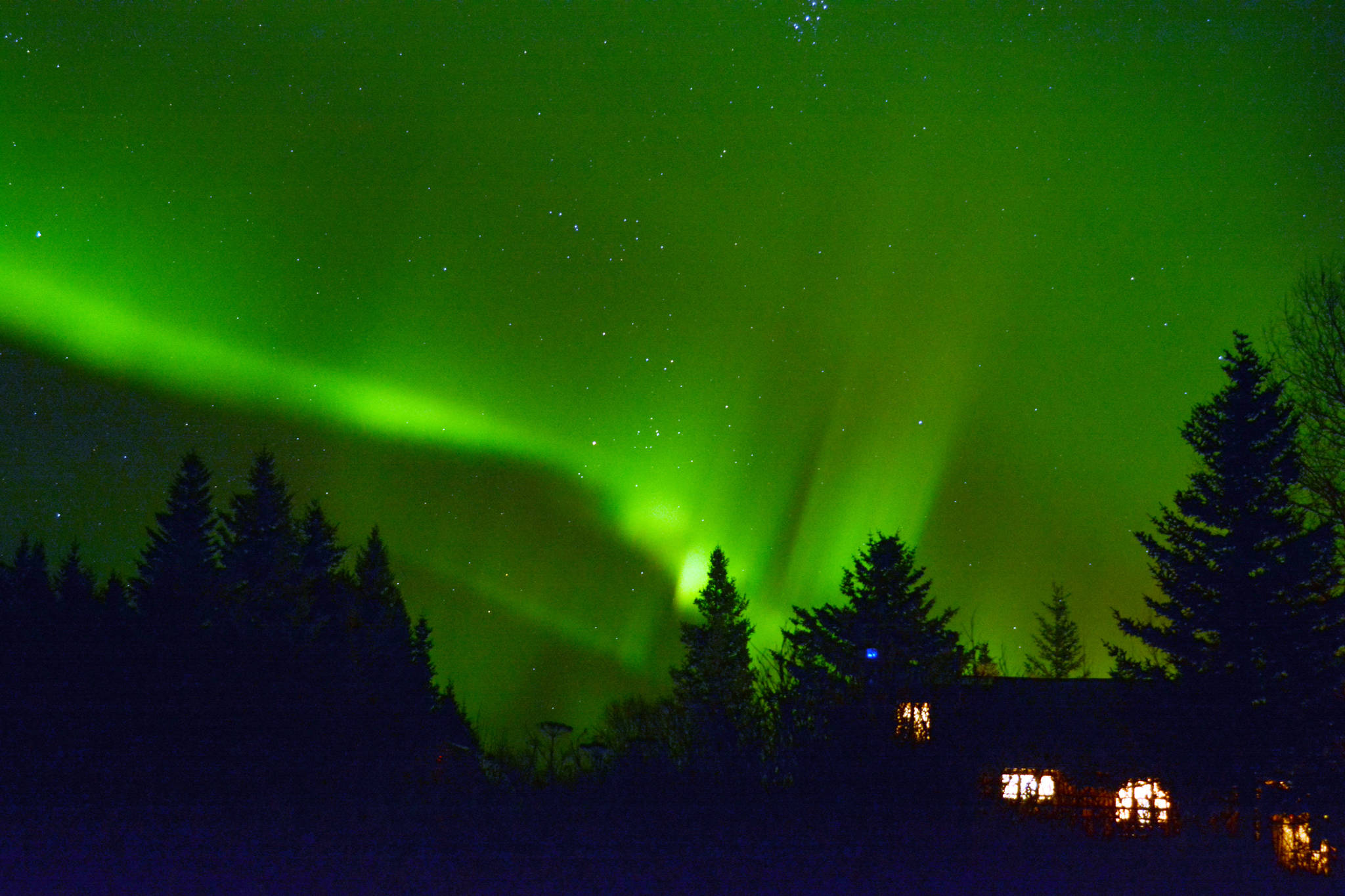ANCHORAGE (AP) — Winter tourism is growing in Alaska.
Visitor volume grew 33 percent for the fall and winter season over the past decade, the Anchorage Daily News reported.
Winter business also has been up for the Alaska Railroad for the past few years, including a rise in visitors from Asia coming to see Alaska’s night sky. Ridership on winter passenger trains grew 33 percent between the winter of 2015-2016 and the following year, according to railroad spokeswoman Meghan Clemons.
The railroad has added more train service to accommodate the larger numbers.
The railroad’s vice president of marketing, Dale Wade, said visitors from Asia are one factor for the upswing. Seeing the aurora borealis is a popular goal for many of them.
“Winter is suddenly very popular, and it’s growing steadily for the last three years,” said Wade. There wasn’t a “significant market for it” before that, he said.
Winter passenger train service between Anchorage and Fairbanks typically operated only on weekends for years. Midweek winter runs between the two cities were added in 2014, with more added since then, Clemons said.
The Chinese market has “exploded” over the past several fall and winter seasons, according to a report by the McDowell Group, an Anchorage research company.
Alaska Skylar Travel focuses on bringing Chinese tourists to the state. The Anchorage company, whose roots are in Beijing, targets the Mandarin-speaking market.
The business had about 350 clients in its first winter, according to operations manager Glen Hemingson. In its fourth winter last season, that number had grown to about 5,000 clients.
“Increasingly we see visitors from more Southeast Asian countries, including the Philippines, Vietnam, Malaysia, Singapore,” Hemingson said.
Wade, with the railroad, said Alaska as a visitor destination for the Asian market doesn’t seem to have been harmed by a recent tariff war that strained trade relations between the U.S. and China.
“I think Alaska is a favored location for Asian visitors, despite the conflicts that seem to be arising politically between U.S. and China relations,” he said. “We’re enjoying the sweet spot in between that.”

